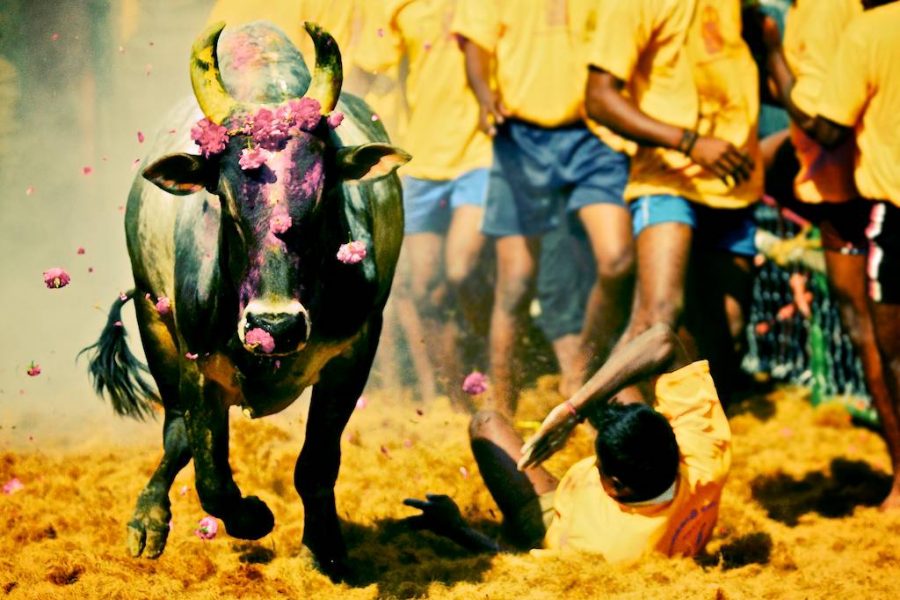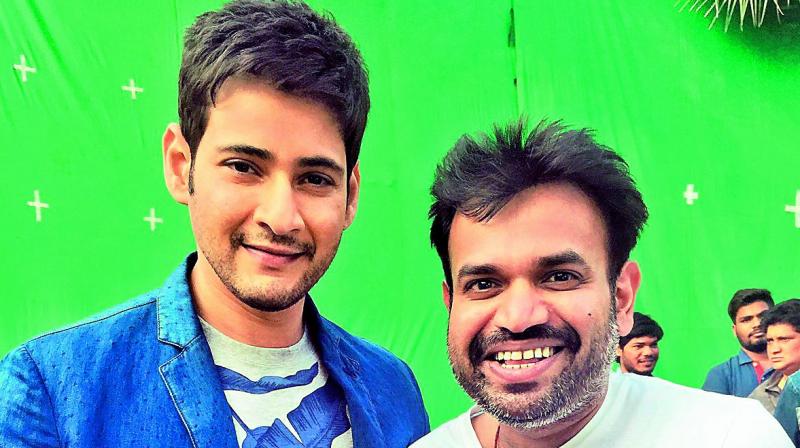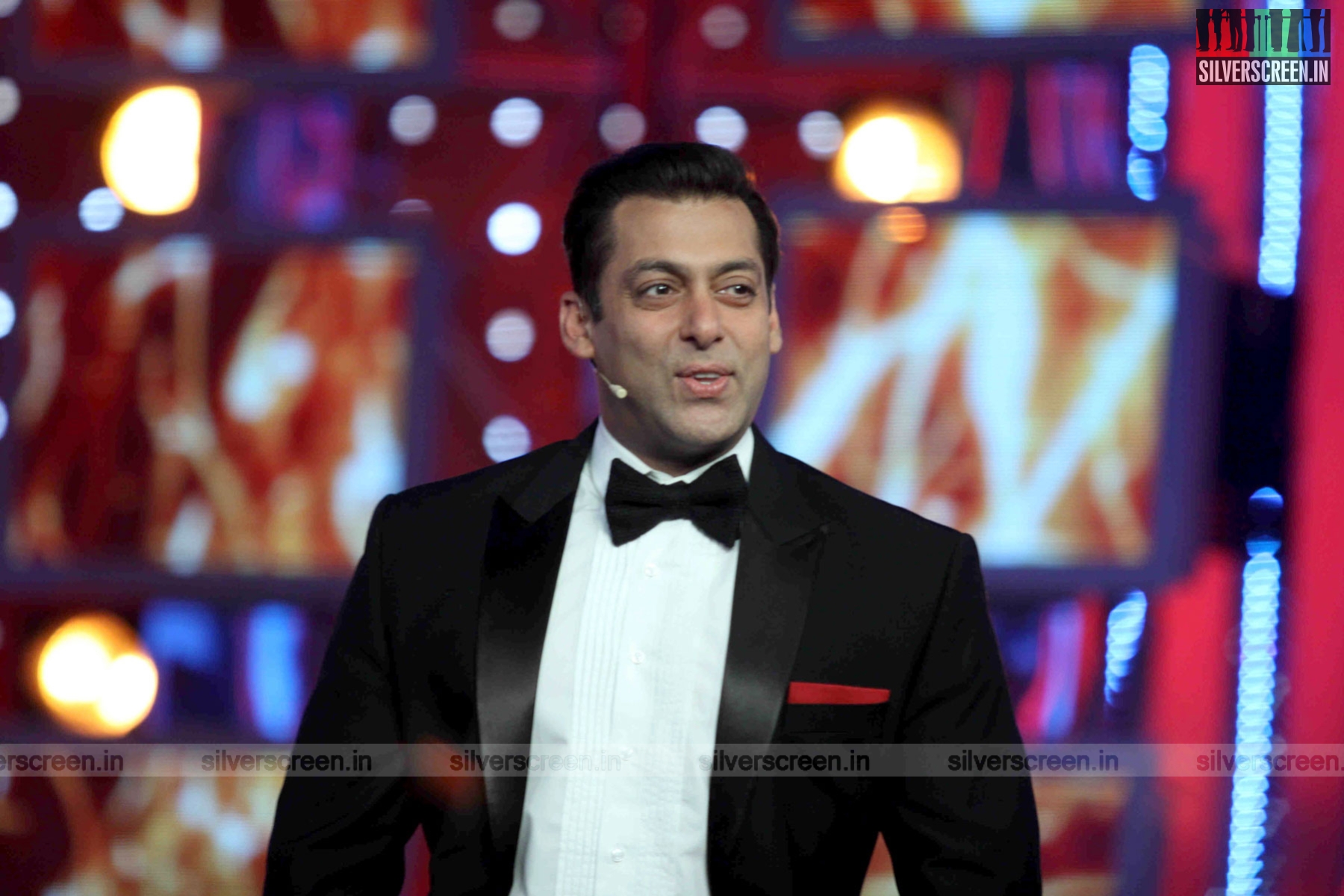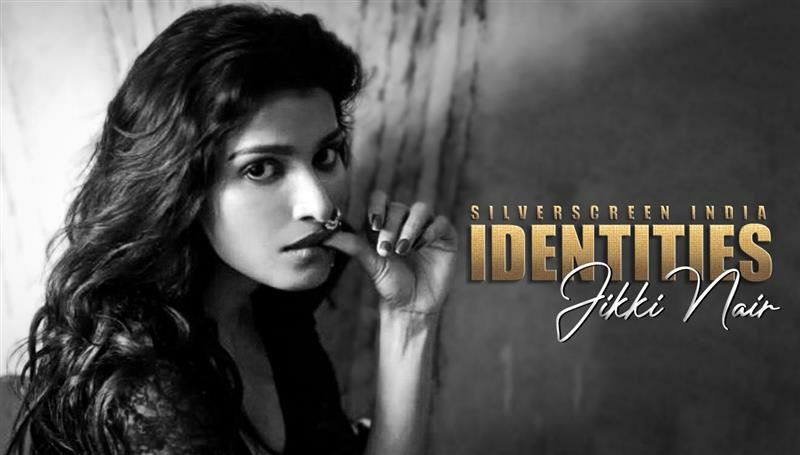(Updated on January 14, 2016 with inputs from Niveda Manohar and Samidha Satapathy)
In 2014, the Supreme Court of India issued a ban on jallikattu, the traditional Tamil sport of bullfighting. Before the ban, jallikattu events would be held across the state during the Tamil festival of Pongal. Two years since the ban, the controversy continues to rage, often framed as a battle of animal rights vs. Tamil culture.
Earlier this month, with this year’s Jallikattu looming, the new BJP Government at the Centre wasted little time in overturning the 2014 Supreme Court verdict with a simple notification. With the sport enjoying widespread support across the state, the move was a political winner for the BJP. The notification also helps the its potential ally in Tamil Nadu, the ruling AIADMK, which has seen a dip in its popularity following last month’s floods.
Ironically, the 2014 order had asked the Government to amend the Prevention of Cruelty to Animals Act of 1960, to bring bulls within its ambit. Instead, on January 8 2015, the Ministry of Environment and Forests (MoEF) issued a notification that exempted bulls from the list of prohibited performing animals, for an event like jallikattu. This, despite Attorney General Mukul Rohatgi advising the Government against lifting the ban, as it would be in violation of the Court order.
The contrasting approach between the Supreme Court and the Government of India is rooted in the Court’s liberal reading of Article 21 (Right to Life) in 2014, which protects the environment, including animals, seen as essential for life. The expanded definition of Article 21 has had far-reaching implications, from the right to education, to LGBT rights, to environment protection acts. In fact, the Supreme Court had strongly chastised then Union environment Minister Prakash Javadekar for promising to bring back jallikattu in 2014 for this reason.
The BJP has consistently been critical of what it calls the ‘vigilante judicial activism’ of the Courts, for overstepping its jurisdiction and endangering the democratic fabric of the nation by opposing the democratically elected representatives.
On 12 January 2016, the Supreme Court reiterated its earlier stand, and ordered a stay on the Centre’s notification.
*****
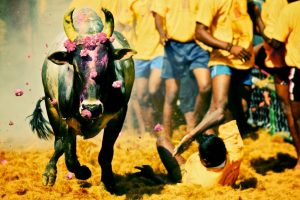
jallikattu
These arguments continue to be echoed across the state, much to the chagrin of a few animal rights activists who have been screaming themselves hoarse. The animals are mistreated, they alleged. “Bulls are living things, too,” fumed Kalpana Vasudevan, a representative for the Animal Welfare Board of India. “Right before the event happens, the locals feed liquor to the animals, and sometimes, try to stoke their anger. The animals are abused often so that they react violently in jallikattu. Certain inhuman things are done to these bulls to improve their chances of winning the prize.” A January 2013 PETA investigation shows actual footage of bulls being treated with brutality.
A few politicians and stars couldn’t agree less.
In 2014, lyricist Kutti Revathy had succinctly summarised the prevailing critique of the reasoning behind the ban. They are facile, she declared. “The reasons are one-dimensional. The decision has been made by people who have obviously not interacted with the families involved in this sport. They have been doing it for generations. I have personally seen them treat their animals with love and care. They shower money on them and their lives revolve around those bulls. Alleging mistreatment and abuse without any proof is wrong! In the name of animal rights, human rights are being violated.”
The veracity of the story has become less important than the story itself. Take this article shared on twitter – there is no reference or citations to historical sources. But there is a story which pits urban women (like Vidya Balan and Amy Jackson) and their espousal of animal rights against a generic ‘rural women’ who also love those very animals. But differently. In this version which re-tells the story of cultural rights, the bull is raised by a girl as her ‘brother’. It is a matter of pride when the bull fights. A lifetime of care is showered on the bull to prepare him for that championship. At worst, this erases what rural Thevar women think about this practice, by creating a romantic fantasy around it. But, at best, and leaving authenticity aside, it suggests that the urban, animal rights perspective is looking at the practice from a place of ignorance.
#Jallikattu genuine farm family celebration. pic.twitter.com/n0kAHtlZTC
— PALANEESWAR (@Jeypeefarm) January 4, 2016
*****
Ironically, in 2014, Maneka Gandhi, the then Union Minister for Women and Child Development, and a renowned animal rights activist called jallikattu ‘a western practice’. This ruffled more feathers. Ms Gandhi though, ploughed on resolutely. “In this tradition, cows and bulls – which are very useful to farmers – are killed. Not only animals, humans are also killed.” The declaration earned the ire of actor-turned-politicians Sarath Kumar and Vijayakanth. They turned to Sangam literature – which documents instances of a similar sport – for proof.
“True, events where men chase bulls can be found in Sangam Literature – the Kalithogai. But those refer to an age-old custom called Yeru Thazhuvudhal which is completely different from jallikattu,” argued art historian Govindharajan, who had a more balanced perspective. “Jallikattu is not a western practice. That being said, there is no particular evidence of the sport as it is being conducted today. According to the research and information available, our ancestors had indulged in a simpler form of the event. It was called Yeru Thazhuvudhal (embracing the bulls) and was done over the harvest festival to honour the bulls, which were very essential to farming then. Over time, the custom of embracing the bulls metamorphosed into what is now the jallikattu.”
P Rajasekharan, a member of the Jallikkattu Paathukaappu Peravai presented a key argument in favour of the sport. “Earlier, the naattu maadus were used for farm work and jallikattu. Now that tractors have replaced the bulls on the farms, they are reared exclusively for the game. When the purpose is lost, how can the species survive?” Over a year later, former Supreme Court Judge, Justice Markandey Katju, agrees.
SC should have regulated #Jallikattu by prohibiting excessive cruelty, not by prohibiting the sport altogether. https://t.co/quylt3tJvB — Markandey Katju (@mkatju) January 4, 2016
In the cacophony of for/against polarities, Justice Katju’s argument is essentially a critique of both the anti-jallikattu animal rights position which would overlook cultural rights, and the pro-jallikattu position which would erase the present realities of animal brutality. His allegiance is properly revivalist. He writes, “The sport is inextricably linked to rural, agrarian customs and practices and helps with the conservation of native germplasm since bulls with excellent physical attributes are reared.” But a turn towards a romanticised past, and the promise of regulation is a slippery slope. For instance, Prakash Javadekar’s assurances here aren’t exactly reassuring.
#jallikattu is allowed with proper safeguards and without cruelty to animals-Prakash Javadekar,Environment Minister pic.twitter.com/zcEvovxCYc
— ANI (@ANI_news) January 8, 2016
A D V E R T I S E M E N T
This is the same environment Minister who, as reported here,”[w]ithin 11 days of taking over as environment minister, …lifted the moratorium on further industrialisation from eight “critically polluted industrial clusters” in as many states, including Singrauli (Uttar Pradesh-Madhya Pradesh) and Vapi (Gujarat), both highly-poisoned areas where pollution-related illnesses including cancer and neurological disorders are rampant.” He also stood by while a road was sanctioned through the sole breeding ground of flamingoes, in the Kutch Desert Wildlife Sanctuary. In fact, as analyses of the Tamil Nadu floods showed, Governments don’t exactly have the best record when it comes to following through on promises to protect the environment, and enforcing regulations. So what would it really mean to lift the ban under current conditions?
*****
The problem, as Kutty Revathy had pointed out, is that “Tamil heritage is under threat too….By giving in to policing like this, we lose a fragment of our culture and our heritage. Already, over 27 art-forms indigenous to Tamil Nadu have gone extinct. With jallikattu too gone, we would have irrevocably lost a piece of culture that defined us.” As with every selective invocation of ‘Tamil culture’, the inevitable counter-question is always, why this issue? For instance, it is no coincidence that say, the question of ‘tradition’ being compromised is raised when women wear ‘Western’ clothes, but not men. It forces us to ask why certain practices are both easier to criticise as ‘regressive’, and uphold as ‘traditional’ – while others remain unquestioned.
*****
Recommended
Surprisingly, other than Revathy, Vijayakanth and Sarath Kumar, the rest of the Tamil film fraternity had refused to comment on the issue. Repeated requests to leading actors and actresses for their opinion on this debate were firmly ignored. While a few of them did speak about it, it was on the condition of anonymity. A director, known for his pro-Tamil sentiments, termed the whole issue ‘ludicrous’. “Killing cows and eating them has not been banned yet. We live in a world where bulls are slaughtered in the name of God. What’s the harm in jallikattu, where people only chase bulls around? These animals are reared in comfortable places and treated lovingly by their owners. They’re not harmed in any way at all.” Further, PETA would be the first to point out that the meat and dairy industry commit more mass scale acts of ‘cruelty’ towards animals in a single year, than every cultural festival ever held across time in the Indian subcontinent. While acts of cruelty cannot be quantified or evaluated as ‘right’ in any ethical context, it is worth asking why certain practices whose ‘traditional’ meaning and cultural value is largely unknown (like jallikattu) are so hyper-visible. And other practices, like a cricket match, can have leather balls, and nobody would talk about either cruelty, or machismo, or tradition.
*****
An actress who was popular in the 80s, quite succinctly summed up the industry’s sentiments. “This is a contentious debate,” she nodded wisely, “Since everything is being tied to Tamil sentiment and pride, registering any opinion about it would be career suicide right now.”
*****
Barbaric projection and indulgence in activities such as #Jallikattu, despite being banned by SC does not augur well for us as a society..
— Kiran Bedi (@thekiranbedi) January 8, 2016
A D V E R T I S E M E N T
Jallikattu is a way of life in rural Tamil Nadu. Maatu Pongal has been synonymous with images of a raging bull for any Tamilian. People like me have been torn between picking a side. Should the dangerous sport be banned totally? should there be better safety measures taken? Is the bull actually being ill treated? Also tough to comprehend is the bias that animal rights activists have against jallikattu. If the sport is ill treating bulls, then how can elephants being tamed in temples and festivals be justified?
*****
